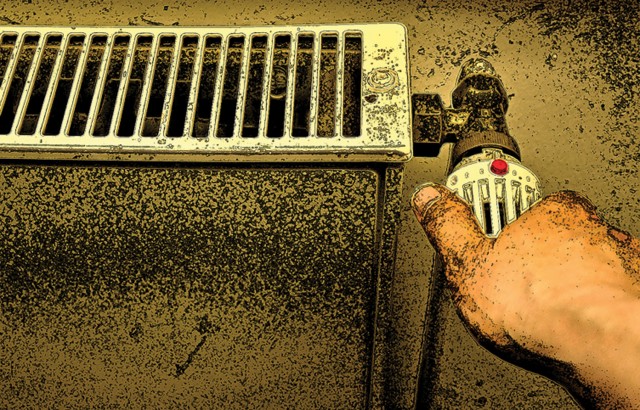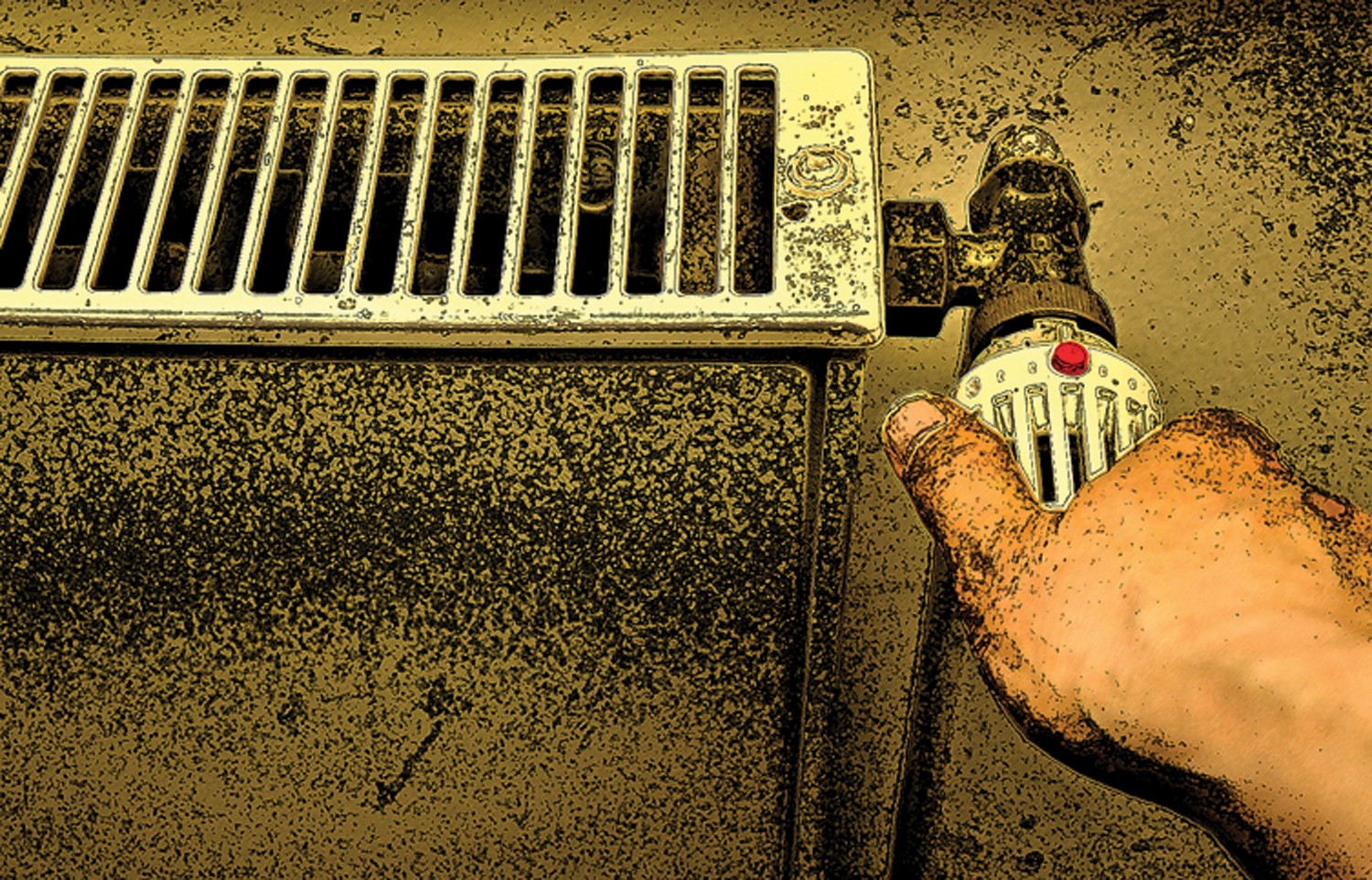WIESBADEN, Germany -- U.S. Army Garrison Wiesbaden and Baumholder officials are urging community members to be more mindful of individual energy consumption and to look at ways to reduce overall energy expenditure.
"Let's start taking care of all of the low-hanging fruit," said Col. Jeffrey Dill, USAG Wiesbaden commander, of the areas where the garrisons can immediately cut usage.
A recent Installation Management Command energy awareness and conservation assessment showed that small maintenance efforts could save the garrisons thousands of units of energy annually.
"A lot of it comes down to doing regular maintenance ... clean dirty reflectors on lights, clean dirty exhaust fans and replace air filters. ... We're wasting dollars when we won't do minor maintenance," said Lyman Parkhurst, Sain Engineering Associates, explaining that the soiled components draw more energy and are less effective.
In many cases in both garrisons, facilities and living quarters may have doors or windows that are broken or left open where heat is escaping at a high rate.
"Typically a window left open for ventilation will lose about 5 MBtu per year or $156 annually ... much more if the heat is turned up to a higher setting," said Parkhurst in executive reports to garrison leaders. "Replace or repair weather stripping. The loss is more significant than the needed repair costs."
Getting the problems repaired requires that one submit a service order to the local Directorate of Public Works.
"Submitting a service order is a much easier process. Service orders are (defined as) less than 40 man-hours of work and cost less than $2,000 to repair," said Mark Holt, USAG Wiesbaden DPW director, adding that small repair jobs need to be reported so that DPW employees are aware. "Once we're notified we can get our folks right on it and get it fixed in a matter of hours often times."
Family, Morale, Welfare and Recreation officials took a closer look at operations to find no-cost ways to cut back.
Jerry Gardner, FMWR property book technician, pointed out that heat and air conditioning are major consumption sources. The cost of running stoves, grills and deep fryers range from $1,500 to $3,500 per year when the appliances run at least eight hours daily. Additionally, office electronics and appliances such as printers, microwaves, copiers and computer monitors left on during the weekend consume approximately 63 hours of unnecessary power.
"At the end of the day and before the start of the weekend turn down the heat, close the windows, unplug transformers and microwaves, and turn off printers, monitors and lights," said Gardner. "There are endless ways to conserve energy, and the majority of them cost nothing but a little thought."
In some cases, modifying a facility's programmed operation hours and procedures could potentially net savings up to $100,000 per year for one high-cost facility. Unnecessary lighting was another big consumer of energy.
Both garrisons had findings where exterior lights were burning during daylight hours and commerce and concession areas were guilty of burning interior lights and electronics extensively after regular hours of operation and through the night.
"If it's daytime outside, turn the entry lights off, at least until automatic light controls are added," said Parkhurst, who also recommended that people open the blinds and use natural light as an alternative.
"Turning off unused marquee signs at the old theater (in Wiesbaden) would save about $150 per year ... reducing the building night lighting by half (in Baumholder) would save about $2,100 per year ... reducing the hangar bay lighting in the daytime (in Wiesbaden) would save about $2,200 per year. ... TVs of various types and sizes are on continuously in many locations, lobbies, waiting areas, dining rooms, etc."
Even though the Department of Defense pays the energy bill, residents must play a role in saving tax dollars. "It's bleeding us of dollars we could put into family and community programs," said Dill.


Social Sharing